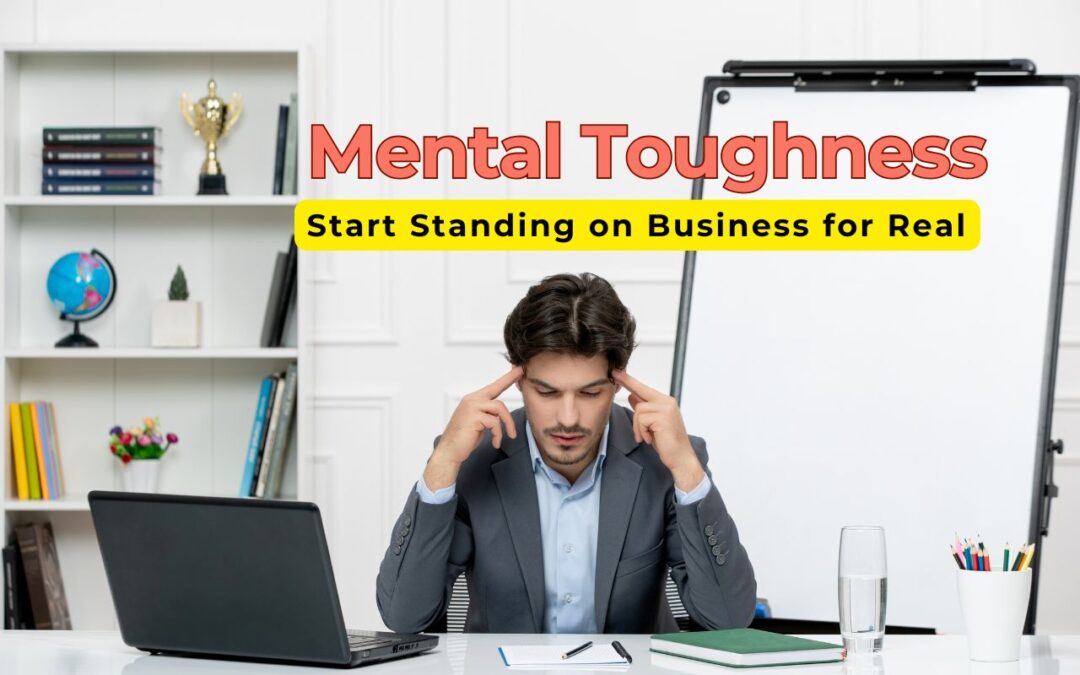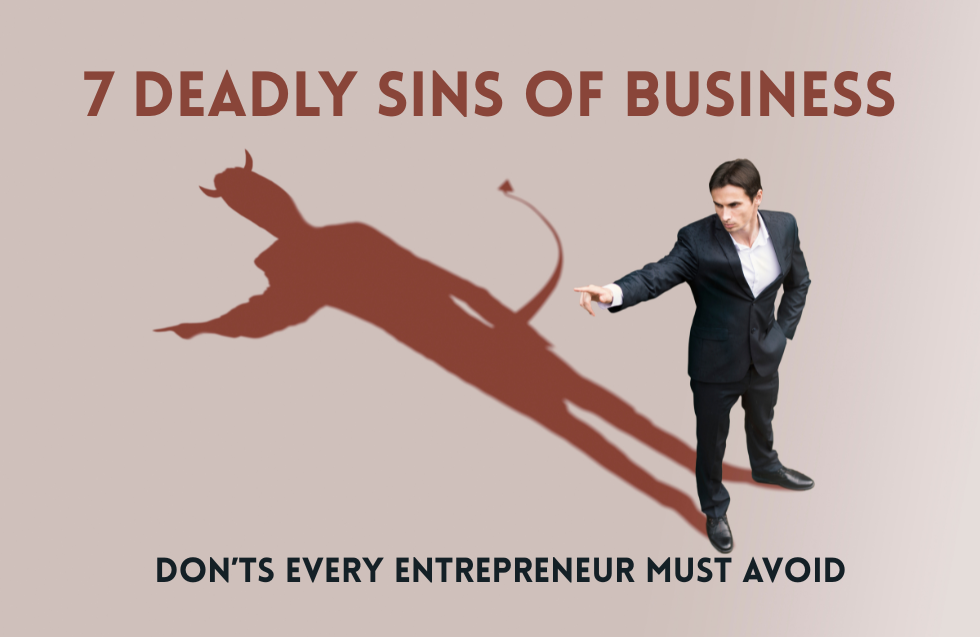Let’s get real: everyone talks about wanting to win, but not everyone is built to stay in the game when it gets rough. If you want to thrive in business, leadership, or life in general, you need more than motivation. You need mental toughness—the quiet, relentless force that separates the average from the exceptional.
And that’s exactly how you start standing on business for real. You stop talking, start showing up, and you don’t fold under pressure. Ready to step into that version of yourself? Here’s how.
What It Really Means to “Stand on Business”
This phrase has gained popularity in music, pop culture, and entrepreneurial circles, but let’s break it down:
To “stand on business” means you:
- Operate with conviction, not convenience.
- Handle your obligations with discipline and excellence.
- Move with clarity, not confusion.
- Own your energy, your choices, and your results.
It’s not about showing off; it’s about showing up. Even when it’s uncomfortable. Even when nobody’s watching. Even when you’re tired, doubting, or scared.
Standing on business means you move like the CEO of your life.
1. Build a Bulletproof “Why”
Mental toughness starts with clarity. If your goals are vague, your effort will be too. Your “why” has to hit different. It should punch you in the gut when you feel like giving up.
Ask yourself:
- What’s the deeper reason behind what I want?
- Who suffers if I don’t follow through?
- What would my life look like in 5 years if I keep slacking?
Example: If you’re building a business to break generational poverty, that’s your reason to wake up earlier, push through rejection, and keep going when you feel like quitting.
Pro tip: Write your “why” somewhere visible—on your phone lock screen, mirror, or workspace. Revisit it daily.
2. Train Discomfort Like It’s a Muscle
You don’t wake up mentally tough—you build it by doing hard things consistently.
Practical discomfort drills:
- Wake up an hour earlier for 30 days.
- Do 10 minutes of intense exercise every day.
- Take cold showers (yes, seriously—it rewires how you handle stress).
- Fast from social media for 48 hours.
Every uncomfortable task you complete increases your grit tolerance. The more you lean into discomfort, the less control it has over you.
3. Focus Only on What You Can Control
A mentally tough person doesn’t obsess over what-ifs. They double down on what they can influence.
What you can’t control:
- What people think of you
- Market crashes or economic shifts
- Whether people support you or not
What you can control:
- Your effort and execution
- Your learning curve
- How you bounce back after setbacks
Mindset shift: “It’s not happening to me, it’s happening for me.”
4. Master Emotional Self-Control
Let’s be clear: mental toughness isn’t about suppressing emotions—it’s about managing them wisely.
If you pop off at every inconvenience, spiral every time something doesn’t go your way, or chase instant gratification, you’re not standing on business—you’re running from it.
Ways to build emotional discipline:
- Use deep breathing or mindfulness before responding to conflict.
- Journal at the end of the day to process your stress and victories.
- Create a pause routine: when triggered, wait 10 seconds before responding.
- Replace “reacting” with “reflecting.”
Bottom line: Control your emotions or they’ll control your decisions—and your reputation.
5. Audit and Elevate Your Circle
The truth? You can’t build mental strength around mentally weak people.
You become the average of who you surround yourself with, so if your circle is full of complainers, excuse-makers, or time-wasters… your mindset is at risk.
Upgrade your circle:
- Get around winners—entrepreneurs, creatives, high-performers.
- Join masterminds, networking groups, or online communities.
- Spend less time with people who drain you, and more with those who challenge you.
If you want to stand on business, you need people around you who hold you accountable—not those who enable your comfort.
6. Win the Day with Daily Discipline
Mental toughness is about doing what needs to be done, whether you feel like it or not. Small daily wins build big momentum.
Create a “non-negotiable” list:
- Morning routine (even if it’s 15 mins)
- One goal-crushing action per day (send the email, make the call, write the pitch)
- Daily learning: read, listen, or reflect
- Stick to your word—no matter how small
Each time you keep a promise to yourself, you reinforce that you’re solid. That your word matters. That you show up even on off days. That’s how trust in yourself is built—and that trust is the core of mental toughness.
7. Bet on Yourself Like It’s the Only Option
Here’s the hard truth: no one is coming to save you.
You have to back yourself—even if no one else claps. Even if people doubt you. Even if you’re scared out of your mind.
Betting on yourself means:
- Launching the project before it’s “perfect”
- Charging what you’re worth
- Pitching the deal, asking for the opportunity, and showing up fully
Mental mantra:
“I might not be the best yet, but I’m getting better daily. And that makes me dangerous.”
Real Talk: You Already Have What It Takes
Mental toughness doesn’t require fancy tools or secret hacks. It requires a decision.
You don’t need to be fearless—you need to move through fear.
You don’t need everyone’s approval—you need to trust your own voice.
You don’t need motivation—you need momentum.
So start standing on business for real.
Get focused. Get uncomfortable. Get consistent.
And above all, don’t stop showing up.
Because when your mind is strong, nothing can break your hustle.













